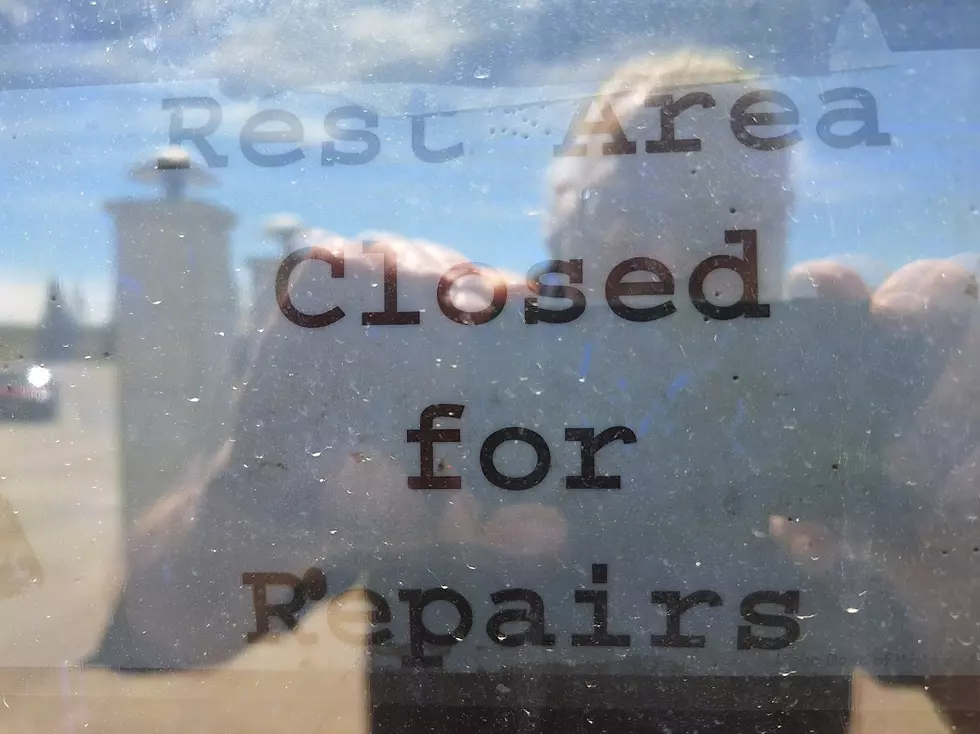
Trial Begins in Lawsuit Over Idaho Execution Records
BOISE, Idaho (AP) — An attorney for a University of Idaho professor seeking access to public records on drugs used during the state's most recent executions says the Department of Correction acted in bad faith and frivolously denied her client access to the documents.
Molly Kafka, an ACLU-Idaho attorney representing Aliza Cover, made the argument during opening statements in Ada County's 4th District Court Monday morning. Cover and the ACLU sued last year, asking a judge to force the state to turn over the documents so the public can assess the suitability of the drugs and how they were obtained.
IDOC attorney Jessica Kuehn told Judge Lynn Norton the state has already given Cover all the records that could be legally released under department rules, and that officials provided her more information that was tangentially related to her request in the interest of transparency. Kuehn said the records that were withheld weren't subject to release because the Board of Correction has the discretion under state law to exempt the release of records that could threaten security or prevent the department from carrying out executions.
"This is not the proper proceeding to challenge the wisdom of the Idaho Board of Correction," or the Legislature's rules that give the board the discretion to determine which execution records may be safely released, Kuehn said.
Kafka said the Board of Correction didn't actually make any determination that the need for secrecy outweighed the public's right to know, but rather said the state reflexively denied access to the documents.
She said she would present witnesses including Jeanne Woodford, who carried out four executions while she was the warden of San Quentin State Prison in California and is now an opponent of the death penalty. She said Woodford will testify that reducing the secrecy surrounding executions had no negative effects.
"IDOC is relying on speculation and fear rather than data," Kafka said.
The case began after Cover filed a public record request with the Department of Correction in 2017 seeking receipts, purchase orders, paperwork and other documents on the drugs the state used in its two most recent executions along with any documents on the drugs it expects to use in future executions.
The department provided her with documents detailing Idaho's execution policies, but refused to turn over the other documents, contending the information was exempt.
The issue has arisen in court cases around the country as prison officials face increasing difficulty in obtaining the drugs used for lethal injections. Many prison officials fear that revealing where they obtain the drugs will cause their remaining suppliers to dry up. Pharmaceutical company Pfizer announced in 2016 that it would not provide lethal injection drugs to states, and the following year asked states to return any of the drugs that they had previously obtained.
With most traditional suppliers gone, some states have turned to compounding pharmacies or foreign countries to purchase the drugs.
Increasingly, condemned inmates are also challenging the suitability of lethal injection drugs in court, arguing that the drugs often don't work as planned and contending that there are no longer any legitimate sources of the drugs available to prisons. Inmates in some states, like Tennessee, have opted for electrocution rather than risk what they fear could be a botched attempt at lethal injection.
More From News Radio 1310 KLIX









